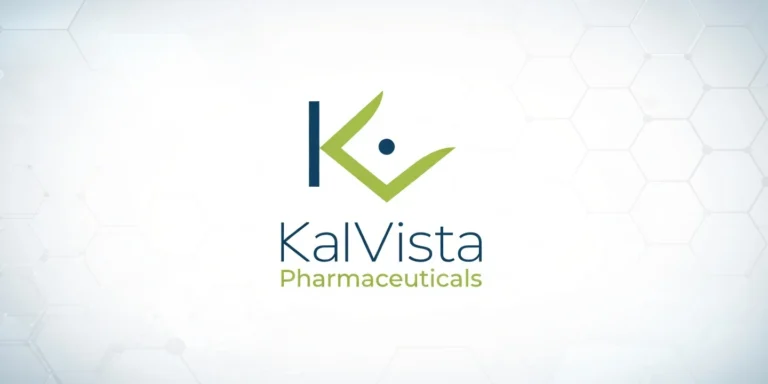
Roche Receives FDA Approval for Alecensa as Adjuvant Therapy in ALK-Positive Early-Stage Lung Cancer
Roche has announced that the U.S. Food and Drug Administration (FDA) has granted approval for Alecensa® (alectinib) as adjuvant therapy following tumor resection in patients with anaplastic lymphoma kinase (ALK)-positive non-small cell lung cancer (NSCLC) (tumors ≥ 4 cm or node positive), as determined by an FDA-approved test. Alecensa becomes the first ALK inhibitor endorsed for individuals with ALK-positive early-stage NSCLC who have undergone tumor removal surgery.
Levi Garraway, M.D., Ph.D., Roche’s Chief Medical Officer and Head of Global Product Development, remarked, “With an unprecedented 76% reduction in the risk of disease recurrence or death compared to chemotherapy, Alecensa significantly enhances the standard of care for individuals with early-stage ALK-positive lung cancer.” He further added, “At Roche, our mission is to offer patients the best chance of cure by introducing effective, targeted treatments at the early stages of the disease before it progresses. This approval brings us closer to achieving that goal.”
Ken Culver, Director of Research and Clinical Affairs at ALK Positive, Inc., emphasized the significance of this approval for patients newly diagnosed with early-stage ALK-positive lung cancer, who were previously unable to receive ALK-specific therapy. He noted the heightened risk of recurrence and brain metastases faced by these patients and stressed the importance of testing for ALK and other recommended biomarkers for tailored treatment selection.
The approval is founded on positive outcomes from the Phase III ALINA study, showcasing Alecensa’s ability to reduce the risk of disease recurrence or death by 76% compared to platinum-based chemotherapy in individuals with completely resected IB to IIIA ALK-positive NSCLC. Additionally, Alecensa demonstrated improvement in central nervous system disease-free survival. The safety profile of Alecensa in this trial was consistent with previous trials in the metastatic setting, with no unexpected safety concerns.
Alecensa, a kinase inhibitor currently approved for ALK-positive metastatic NSCLC, has exhibited significant efficacy, including in patients with CNS metastases. With this approval, these benefits can extend to individuals with early-stage disease. Routine testing for ALK, EGFR, and PD-L1 biomarkers is recommended in patients with stage IB to IIIA NSCLC to support treatment decisions.
The FDA review of Alecensa’s application was conducted under the Project Orbis initiative, facilitating concurrent submission and review of oncology medicines among international partners. This collaboration enables patients to access treatments earlier in countries with significant regulatory submission delays. The FDA also reviewed and approved the supplemental application under its Real-Time Oncology Review pilot program, aiming for a more efficient review process to ensure timely availability of safe and effective treatments.
Data from the Phase III ALINA study will be utilized for filing submissions to additional global health authorities, including the European Medicines Agency.
The ALINA study is a Phase III trial evaluating the efficacy and safety of adjuvant Alecensa compared to platinum-based chemotherapy in individuals with resected Stage IB to IIIA ALK-positive NSCLC.
Lung cancer is a leading cause of cancer-related deaths globally, with NSCLC comprising the majority of cases. Despite adjuvant chemotherapy, a significant proportion of early lung cancer patients experience recurrence, highlighting the importance of early intervention.
Alecensa is a highly selective, central nervous system-active, oral medicine approved for ALK-positive NSCLC. It is already endorsed in over 100 countries as a first- and second-line treatment for ALK-positive metastatic NSCLC.
Roche is dedicated to advancing treatments for lung cancer, with several approved medicines and ongoing research to target genetic drivers and boost the immune system against the disease.





